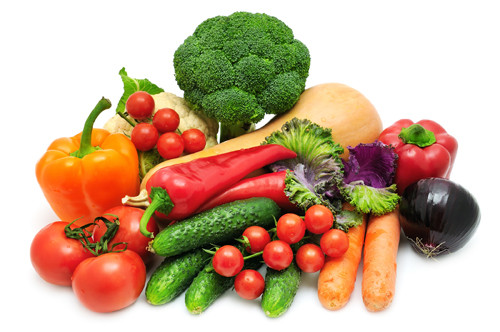
Whether your government’s daily recommended portion of fruit and vegetables is 5, 7 or beyond, no-one can deny vegetables are an important part of your diet. So why are veggies such an important part of your food intake? Well, they can stave off the aging process keep you trim and healthy, and be a great defence against cancer and heart disease.
Those leafy greens are great sources of fibre, are key to giving you that full feeling and are low in calories in these increasingly calorific times, decreasing the risk of obesity and type 2 diabetes. Fibre is also important for your digestive system.
There are an almost endless variety of vegetables, giving you something new to try if you’re bored of your current eating habits and many make a great snack too. You can also grow a lot of them in your own back garden, cheapening your food budget. We hope you find something you like amongst the roots and shoots of our most beneficial vegetables.
Contents
Broccoli
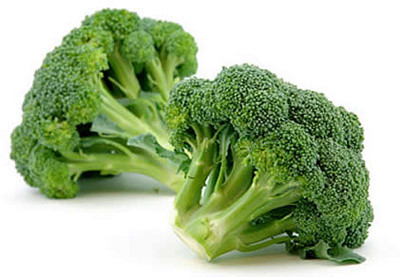
Broccoli is full of vitamins K, A and C, which are essential for the immune system, blood clotting. Vitamin C also helps the healing process of wounds as well as protecting against free radicals. Studies have shown that Broccoli has anti-cancer properties.
While it is most commonly boiled in the West, most of the nutrients in broccoli are lost in this process. You can keep most of those free-radical destroying nutrients by stir-frying, steaming, roasting, or even microwaving these little trees.
Garlic
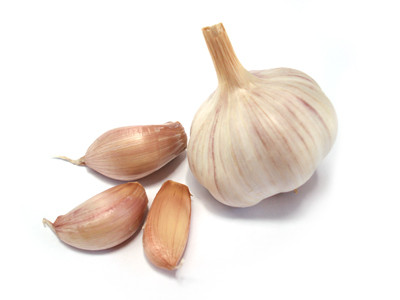
One of the most highly flavored of the vegetables on this list, daily consumption of garlic can reduce blood pressure and total cholesterol levels. Garlic does all this through phytonutrients – strong antioxidants and disease-preventing compounds.
As I’m sure you know, garlic has a wide range of applications, but you could also try sprinkling some on your food instead of salt for a low sodium condiment.
Spinach
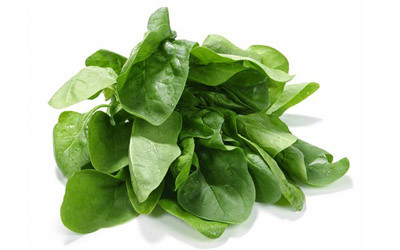
Spinach is one of the only vegetables on this list that is more nutritious when it is cooked than it does when it is raw. This versatile vegetable is rich in lutein and zeaxanthin, which promote healthy vision. Lutein helps to protect the retina from light and air damage while zeaxanthin is known to prevent eye disease. There is evidence to suggest that both of these nutrients can help to prevent cataracts later in life. So it seems that rather than strength, spinach is more likely to allow Popeye to see in the dark.
Tomatoes
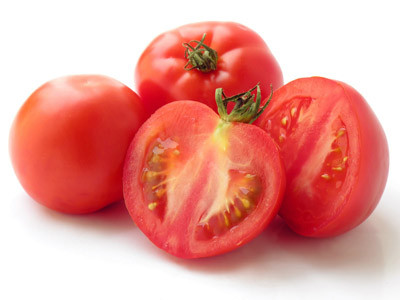
Eating raw tomatoes puts you at less risk of developing colon, rectal or stomach cancer. They are also believed to reduce the risk of lung cancer too.
Recent research has also shown that the pigment lycopene, associated with the deep red color in many tomatoes is also related bone health. At the end of a 4 week study in which lycopene was removed from the diet of a group of women, results showed unwanted changes in their bone tissue and signs of stress.
Kale
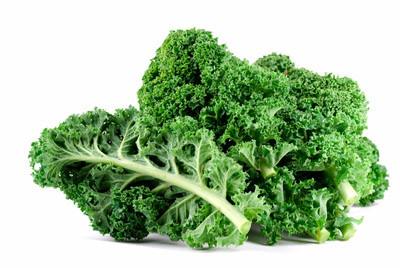
The super food kale is rich in vitamins as well as potassium and folate. Folate, or folic acid is necessary for the production and maintenance of new cells in the body. Kale also has more iron per calorie than beef. Key in the formation of haemoglobin and enzymes, iron also helps cell growth and liver function. So kale is great when you are detoxing too.
Bok Choy
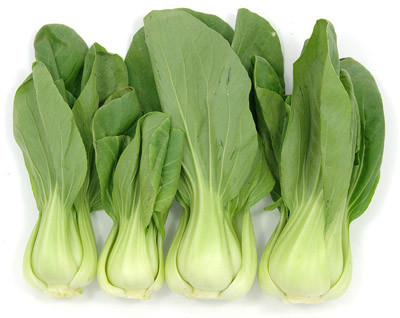
Bok choy, or Chinese cabbage, belongs to the same family of vegetables as broccoli, cauliflower and Brussels sprouts. Again bok choi has many cancer preventing nutrients and the best way to get the benefits of these are by eating it raw in salads. But bok choi has good antioxidant qualities through carotenoids, which also benefit eye health.
Also a zero-fat food, just one cup of bok choi contains half of your daily requirement of vitamin A, vitamin C and vitamin K. Not bad for a small green leaf.
Bell Peppers
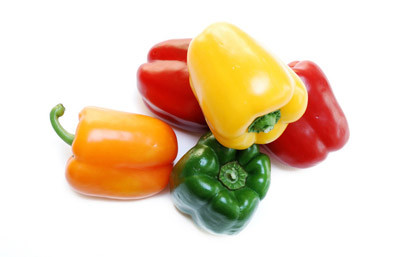
A member of the nightshade family – alongside potatoes, tomatoes and eggplant – the bell pepper is one of the most colourful and ornamental vegetables. Bell peppers have been shown to provide 7% of a person’s total vitamin C intake and are also high carotenoids. To maximise the amount of vitamin C and carotenoids you can get from a pepper, simply let it ripen fully.
Sweet potatoes
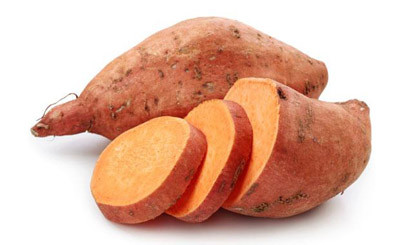
Sweet potatoes or yams, as they are otherwise known, are both inexpensive and a nutritional powerhouse. With almost twice the fibre of their white and yellow cousins, sweet potatoes release energy in a slow burning manner. Basically, they release calories more slowly and efficiently than other carbohydrates.
In addition, the sweet potato is known to keep your heart healthy. Containing large quantities of vitamin B6, which helps to keep your arteries and blood vessels flexible and healthy, allowing blood to flow freely through them.
Regular portions of sweet potato are also known to help keep a healthy blood sugar level, which in turn stabilizes your appetite for hours on end. They do this through the trace mineral manganese, which is key to the metabolism of carbohydrates.
Carrots
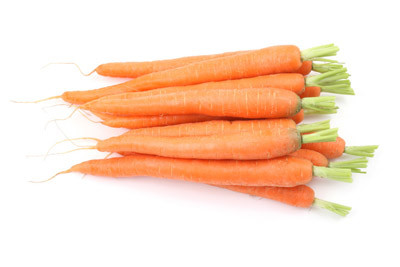
Carrots have many health advantages and the old wives tale is tale is indeed correct: carrots are good for the eyes. They help us create rhodopsin, a purple pigment that is needed for night vision.
Carrots are also brimming with vitamin A which helps moisturise the skin, hair and nails. On top of this, vitamin A also helps keep wrinkles to a minimum.
A more left field benefit of the carrot is its antiseptic properties: they are known to prevent infection and can be grated and placed topically onto cuts and grazes to provide antibacterial goodness.
Asparagus
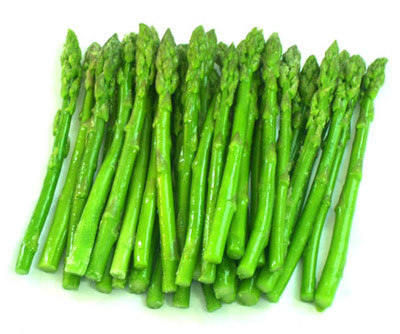
Making its appearance in early spring; asparagus is just packed with health benefits. Containing chromium, as well as vitamins A, C, E, and K, asparagus enhances the ability of insulin to transport sugar to cells. These spears also sit alongside avocado, kale and Brussels sprouts as a source of the detoxifying compound glutathione, which helps to break down carcinogens and free radicals.
Rich in folate, when paired with vitamin b12 foods like fish, meat or dairy products, asparagus also helps to prevent cognitive impairment. So that’s one for all of you that are having trouble with your short-term memory.
A healthy diet of vegetables gives you thousands of nutrients, which will help your body to operate at an optimal level. Regular intake of vegetables are known to decrease the risk of heart disease, strokes and cancer, as well as helping your score higher on cognitive ability test and release more physical energy throughout the day. This list is by no way exhaustive, but it does go to show that your mother was right: you’ve got to eat your greens.
